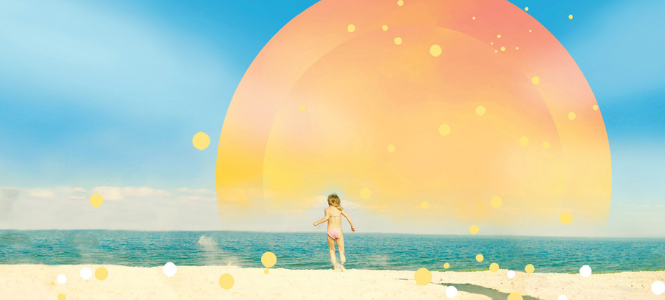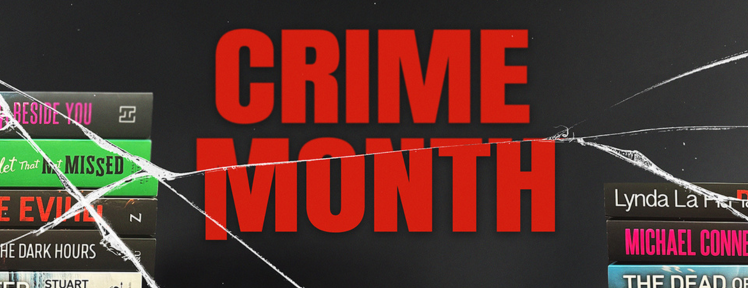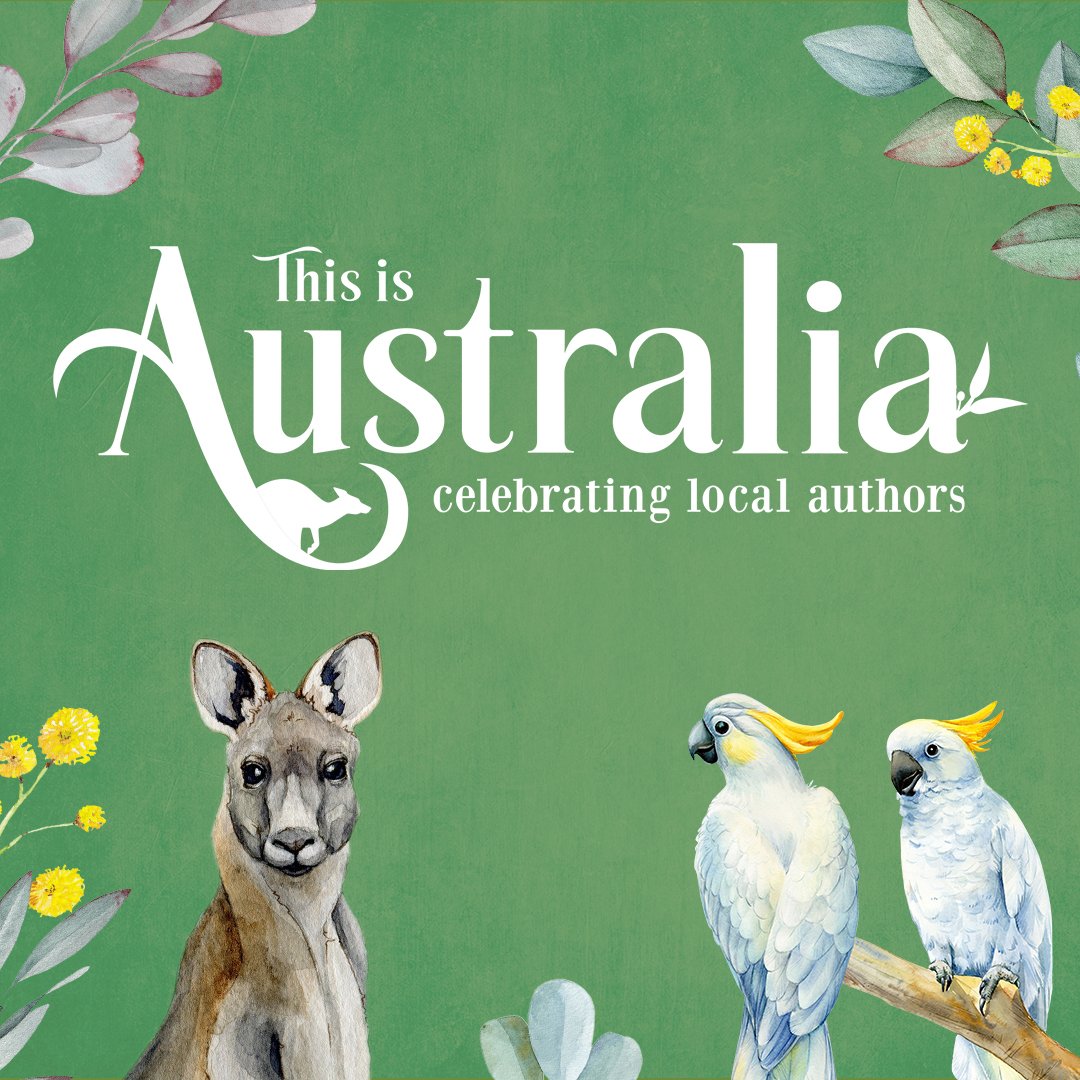Sian Prior is a writer, broadcaster, writing teacher and musician. She presented and produced radio programs for the ABC for a decade and has been a regular columnist for the Age and the Sydney Morning Herald. Her essays have been published in Meanjin, TEXT journal, the Grieve anthology and essaydaily.com. She has a PhD in Creative Writing from RMIT University and her first book, Shy: A Memoir was published in 2014. Childless: A Story of Freedom and Longing is her second book.
Today, Sian Prior is on the blog to answer a few of our questions about the book. Read on …
Please tell us about your book, Childless: A Story of Freedom and Longing.
SP: This memoir is a record of my long and complex quest to have a child of my own, a seven year quest which ultimately failed. It’s also about coming to terms with grief—the grief of not being able to have something you always thought would be yours, and the long-buried grief of losing my biological father when I was very young. And it’s about my decision to embrace the positive side of this loss by taking advantage of the incredible freedom my childlessness gave me. I describe my years of campervanning solo around Australia every winter, and my visit to the beach where my father drowned. More broadly, it’s about our duty of care towards children, and how our failure to confront the climate crisis might impact future generations.
Why was it important to you to write this story?
SP: I wanted to try to understand the many decisions, large and small, that had led to me finding myself alone and childless at an age when most of my friends were enjoying being parents and grandparents. Writing it down was also a way of processing my grief, a form of writing as therapy. But I suspected there were probably many other women silently managing this grief, and feeling very alone with it. By bringing it out into the open I hope that we will all feel less alone, and less stigmatised, as childless women living in a culture that is still intensely focussed on the ‘ideal ‘of the nuclear family.
You write that you didn’t feel that you could be angry about the fact that you couldn’t be a mother. Did the process of writing this book change that for you?
SP: I struggled initially with allowing myself to put that anger on the page. It had been so repressed for so long. But once I started to write it down, it felt intensely cathartic. My anger had been directed towards myself, my failing and vulnerable body; towards the people who’d jumped to conclusions about why I was childless; toward the medicos who’d failed to diagnose the problem which probably led to my three miscarriages and unsuccessful IVF. And anger more generally about our collective failure to protect children in the ways they need and deserve to be protected. Anger can be energising and illuminating. Many women find it hard to express their anger—we are taught it’s not ‘seemly’, not ‘womanly’—but we can do ourselves a disservice if we repress it or turn it inwards. And of course anger often functions as a mask for fear. I have been so frightened of being alone, childless, grandchildless, partner-less. Writing the book, and embracing the solo travelling in my little campervan, has helped to calm many of my fears.
‘I just hope that my memoir will make readers feel less alone, if they are enduring the same kind of gruelling fertility journey that I endured.’
How much do you feel that your desire to have children has shaped your life?
SP: For many years I just assumed I would be able to have children when I was ready to. It was strangely shocking for me to discover that it could be so difficult, and even impossible. My failure to have a child definitely impacted on the two most significant and long-term relationships I’ve had with men. It helped to destroy one, and it was a toxic undercurrent in the other. I wish I had understood better at the time that what I was grappling with was unacknowledged grief and trauma.
What would you say to someone going through similar experiences to your own?
SP: I am very reluctant to try to offer advice or any soothing words of comfort. It’s hard. It was all damned hard. I just hope that my memoir will make readers feel less alone, if they are enduring the same kind of gruelling fertility journey that I endured. ‘Be kind to yourself’ – that’s what I would say.
Who did you write this book for? Who do you wish would read it?
SP: I mostly wrote it for myself. I want everyone to read it. I want people who have children to read it, so they know what it feels like to not be able to have children. I want people who are unable to have children to read it to know they are not alone. I want everyone who cares deeply about the future of the planet to read it, so they don’t feel alone with their ‘solastalgia’—their grief at the prospect of losing so much beauty and ecological complexity on this warming planet. I want people who don’t yet care about climate change to read it ,so they stop and reflect on the potential impacts on their children and grandchildren.
Can you tell us a little bit about your journey towards becoming a writer?
As a journalist I have been writing for many decades, but it wasn’t until I did the RMIT Professional Writing and Editing course about a decade and a half ago that I began to believe I could also be a published creative writer. As a teenager I wrote short stories and dreamed of being a published author but instead I became an environmental activist and a radio broadcaster. My first book was published in the year I turned fifty. Better late than never!
What is the last book you read and loved?
Jo Ann Beard’s latest essay collection, Festival Days. I loved it so much, I had to carry it around the house with me for a while, literally holding it close to my heart, so moved was I by her writing. I find it hard to articulate what’s so good about her writing. Authenticity. Insight. Wisdom. Curiosity. Compassion. She has all these in spades.
What do you hope readers will discover in Childless: A Story of Freedom and Longing?
Insights. Authenticity. Revelations. Catharsis.
And finally, what’s up next for you?
I have an idea for a third book and although it will be another non-fiction book it most definitely will not be another memoir.
Thanks Sian!
—Childless: A Story of Freedom and Longing by Sian Prior (Text Publishing) is out now.

Childless
A Story of Freedom and Longing
Like many women, Sian Prior arrived at the point where she was ready to start having babies-and found they were not hers to have. Three miscarriages with a supportive partner; a new partner who already had all the children he wanted; step-children; step-grandchildren; the decision to parent solo, followed by many rounds of fertility treatments.
After all this Sian found herself, at fifty, childless and coming to terms. Weighing up the freedoms against the losses. Dealing with the unacknowledged legacy of her own lost father. Observing parenthood itself...









 What do we know about the Boy Swallows Universe Netflix show?
What do we know about the Boy Swallows Universe Netflix show?  Booktopia’s top thrilling fiction picks for Crime Month
Booktopia’s top thrilling fiction picks for Crime Month  Booktopia’s Top First Nations Book Recommendations for 2023
Booktopia’s Top First Nations Book Recommendations for 2023
Comments